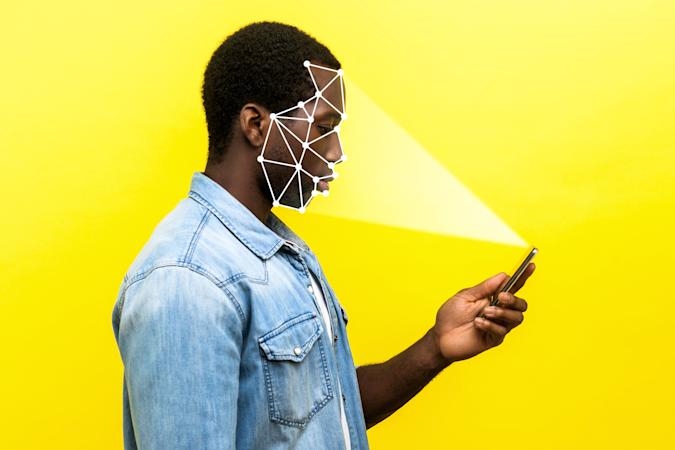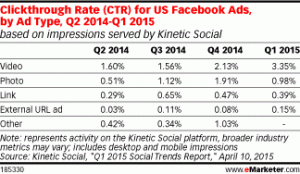The IRS will let taxpayers authenticate their identity without using facial recognition
But the alternative is having a live, virtual interview that may not be ideal either.


Taxpayers in the US don’t have to use facial recognition or any kind of biometric data to access their accounts online if they don’t want to. The IRS has announced that users can opt for a live, virtual interview to authenticate their identity instead of registering for an ID.me account. This move comes a few weeks after the agency said it will back away from using facial recognition following pressure from both sides of the political aisle. Both Republican and Democratic lawmakers raised concerns about the privacy and security implications of using ID.me facial recognition and how it will make the IRS a prime target of cyberattacks.
To sign up for an ID.me account, taxpayers will have to send the service a copy of their government ID, a utility bill and a video selfie of themselves. Those who don’t mind using facial recognition to be able to file taxes online can still use it for verification if they want. The agency’s announcement said it put a new safeguard in place to ensure images the taxpayers provide are deleted going forward. The existing biometric data provided by users who previously created an online account has also been collected and will be “permanently deleted over the course of the next few weeks,” the IRS said.
It’s unclear how the IRS plans to make sure that it can conduct verification interviews in a timely manner for everyone who doesn’t want to use facial recognition. As The New York Times notes, the agency is dealing with staff shortages and lack of funding, and it currently has a backlog of around 24 million tax returns. The agency called the virtual interview option a “short-term solution” for this year’s filing season. It said it’s now working with partners to “achieve security standards and scale required of Login.Gov,” so it can roll out the sign in service already being used by government websites after the 2022 filing deadline.
(14)
Report Post






